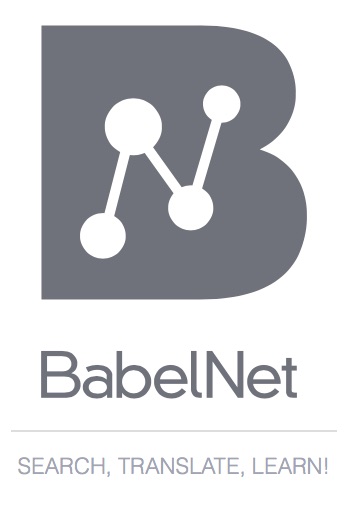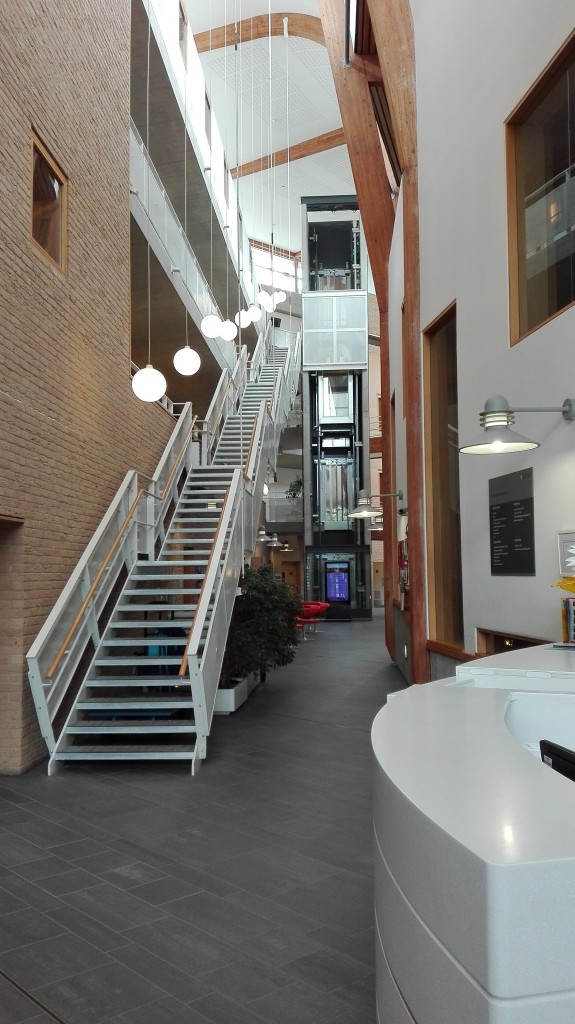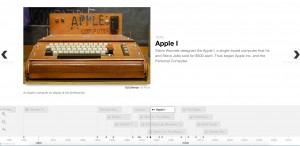
Education and Migration: Languages Foregrounded taking place at Durham University, UK from 21 to 23 October 2016. Please share the call and consider offering an abstract – details are provided in the attachment (including a publication opportunity) and brief highlights are included below.
21-23 (Friday – Sunday) October, 2016,
School of Education, Durham University, Durham, United Kingdom
International conference website
http://researching-multilingually-at-borders.com/
The conference brings together international keynote speakers and researchers who are researching and working on the borders of languages, languages pedagogy, and policy in contexts where people, and their migratory languages, are under pain and pressure.
Keynotes
Alison Phipps, University of Glasgow, UK
Hilary Footitt, University of Reading, UK
Martha Bigelow, University of Minnesota, USA
Conference themes
Inspired by the above panels, the conference invites papers and panels on research, pedagogies (multilingual, multimodal, multisensory, intercultural), policy development, and teacher practice concerning the opportunities and possibilities for multiple languages. Papers and panels may also address the following (and related) themes:
- Multilingualism in NGO education contexts
- Policy and language advocacy for multiple languages in the classroom
- Community schools and translanguaging in communities
- Teacher education in multilingual classrooms
- Languages and the intercultural citizen
- Modern foreign languages and multiple languages in schools—affordances and possibilities
- Languages in research, policy, teacher education
- Multimodal pedagogies for supporting language learning
- Critical and intercultural pedagogies
- Languages in contexts of discrimination, trauma, and exclusion: Implications for educational psychology and counselling; identity; multiple language literacies
Panels and speakers
The conference will also include five plenary panels. The following invited researchers/practitioners will each lead a panel (supported by two other experts), on the themes below. The panel will be 90 minutes (roughly 60 mins presentation and supported by 30 minutes of discussion).
1. Angela Creese (University of Birmingham) – Communities and education; translanguaging in communities; community schools
2. Mike Solly (British Council) – Languages for resilience: Languages education in the context of the Syrian crisis
3. Frances Giampapa (University of Bristol) – Children’s multilingual identities, language brokering, opportunities for multiple literacies; issues concerning ESOL/languages and mainstreaming
4. George Androulakis (University of Thessaly, Vólos)- Migration and schools: Policies for primary and secondary education in Europe.
We invite papers and panels that address these themes. Please submit a title, abstract of 300-350 words. Panels (or 3 or 4 participants) should include a title, brief introduction (50 words), title and abstract for each speaker (150-200 words each). Please include a brief bio of about 100 words for each speaker (include name and institution(s)).
Abstracts of papers and panels should be emailed to languages.2016@durham.ac.uk by 15th July 2016. Please include the name and email of the corresponding author. Abstracts will be reviewed by an advisory committee and participants will be notified of acceptance by 30th July 2016.





